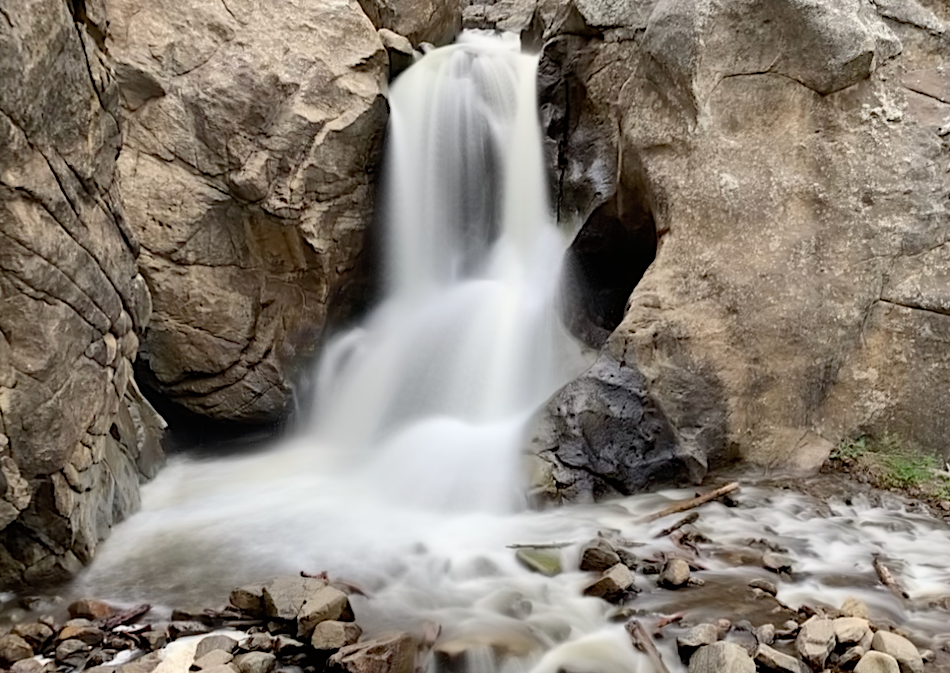Mihaly Csikszentmihalyi, a world-renowned psychologist and the author of “Flow,” died yesterday.
Csikszentmihalyi’s work has played a role in my life for the past year or so. In 2020, I participated in a workshop for people looking to reboot or reinvent their careers. The workshop was something of a bust — full of great ideas that look helpful on paper but are impractical in real life — but, out of it, I started a book group with two other participants, Vanessa and Philip. We have focused on books about professional self-improvement, like “Grit” by Angela Duckworth, “Designing Your Life” by Bill Burnett and Dave Evans, and “Drive” by Daniel Pink.
Nearly all the books we read mentioned flow (the concept) and “Flow” (the book), so we decided to check it out for ourselves. In a nutshell, the idea behind flow is that certain kinds of tasks, performed with a particular mindset under certain conditions, create a sense of total immersion and focus. Ever start working on something and get so engaged that you lose track of time? That’s flow.
The first thing we noticed is that “Flow” is not really a self-improvement book. It’s an academic book written from a psychological and ethnographic perspective. Csikszentmihalyi describes what flow feels like, but he doesn’t really discuss how to achieve it. Instead, he looks at how flow affects consciousness and happiness, and then places flow in the context of work, athletics, and creative pursuits.
The final chapters of the book were the most challenging for our reading group. By that point, Csikszentmihalyi seemed to apply the concepts of flow to culture and existence. It’s the Grand Unified Theory of flow. We decided that his intent was noble, but his evidence and ideas were stretched pretty thin.
I highlighted a lot of passages in Flow. This one stood out because my undergraduate degree is in English:
But when writing is used to control experience, without letting it control the mind, it is a tool of infinite subtlety and rich rewards.
Mihaly Csikszentmihalyi
These were insightful takes on what it means to be happy:
And the reality is that the quality of life does not depend directly on what others think of us or on what we own. The bottom line is, rather, how we feel about ourselves and about what happens to us. To improve life one must improve the quality of experience.
Mihaly Csikszentmihalyi
Of all the virtues we can learn no trait is more useful, more essential for survival, and more likely to improve the quality of life than the ability to transform adversity into an enjoyable challenge.
Mihaly Csikszentmihalyi
The most important step in emancipating oneself from social controls is the ability to find rewards in the events of each moment.
Mihaly Csikszentmihalyi
This was an astute observation about work:
Thus we have the paradoxical situation: On the job people feel skillful and challenged, and therefore feel more happy, strong, creative, and satisfied. In their free time people feel that there is generally not much to do and their skills are not being used, and therefore they tend to feel more sad, weak, dull, and dissatisfied. Yet they would like to work less and spend more time in leisure.
Mihaly Csikszentmihalyi
These quotes relate to my own life experiences:
Unless a person knows how to give order to his or her thoughts, attention will be attracted to whatever is most problematic at the moment: it will focus on some real or imaginary pain, on recent grudges or long-term frustrations. Entropy is the normal state of consciousness — a condition that is neither useful nor enjoyable.
Mihaly Csikszentmihalyi
Why are some people weakened by stress, while others gain strength from it? Basically the answer is simple: those who know how to transform a hopeless situation into a new flow activity that can be controlled will be able to enjoy themselves, and emerge stronger from the ordeal.
Mihaly Csikszentmihalyi
Complexity requires that we invest energy in developing whatever skills we were born with, in becoming autonomous, self-reliant, conscious of our uniqueness and of its limitations. At the same time we must invest energy in recognizing, understanding, and finding ways to adapt to the forces beyond the boundaries of our own individuality. Of course we don’t have to undertake any of these plans. But if we don’t, chances are, sooner or later, we will regret it.
Mihaly Csikszentmihalyi
If you want to learn more about Csikszentmihalyi and flow, here’s a TED talk he gave in 2008:
